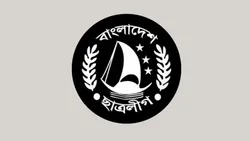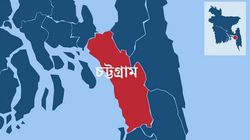What is Pegasus, and why should we be concerned?
Project Pegasus has caused a great deal of global hype recently. After Wikileaks (2007-2017), the Snowden papers (2013), the Bangladesh Bank cyber heist (2016), and Cambridge Analytica (2018), Pegasus made big headlines in the cybersecurity space.
The spyware Pegasus, up until now, is by far the most invasive security phishing tool developed by NSO Group, an Israel-based software company. The company has upgraded Pegasus over the past few years since its inception in 2016, now to a military-grade cyber weapon system. As a matter of fact, initially it was designed and developed to cater for Israeli military intelligence and surveillance. NSO then gradually went on to commercialize the product and sold it to its “vetted” global clientele upon official approval from the government of Israel.
In a couple of years, NSO sold its Pegasus software to as many as 40 countries. However, these deals were made only through agreements at the government level mandating the spyware to be used solely for domestic cyber-surveillance and crime control.
Ironically, the way Pegasus has been used or abused showed it to be far from its ideal purposes. 50,000 mobile phone numbers from all around the world have reportedly come under Pegasus surveillance. What it means in reality is that those 50,000 personal phones -- belonging to statesmen, politicians, journalists, corporate executives, human rights activists, government officials -- are potentially subject to being hacked or snooped.





















 News
News